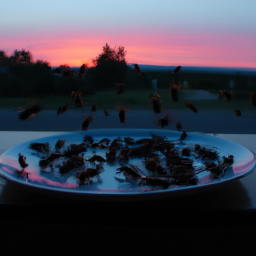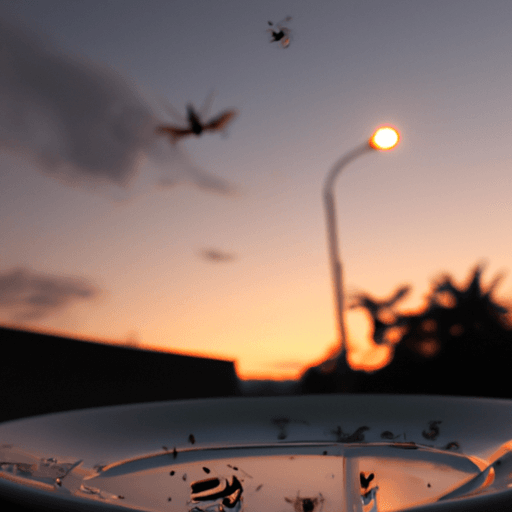625
Newsletter
Subscribe to our newsletter for exclusive content, latest news and trends, and exciting new features.
Tranding
Categories
Home and gardenMusic and EntertainmentTechnologyLiterature and writingHealth and wellnessEducation and learningEntertainmentFood and cookingEnvironment and sustainabilityBeauty and personal careLifestyleSports and fitnessTravel and tourism
Gaming and esportsBusiness and entrepreneurshipScience and natureArts and culturePets and animals




















Comments
Leave a Comment